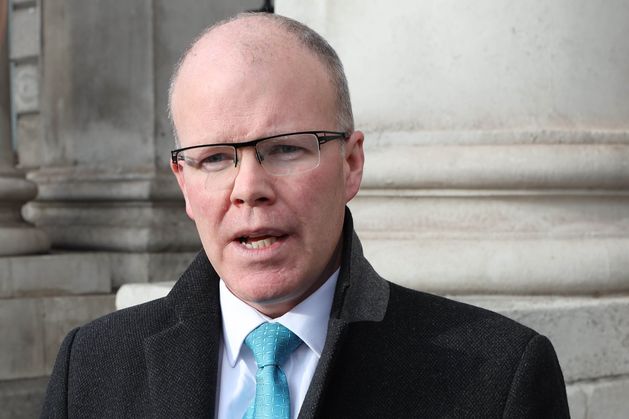Government has located far more migrants per capita in western counties than in the east, says Aontú leader Peadar Tóibín
The figures show that Kerry is taking by far the largest number of Ukrainians, despite being the Republic’s ninth most populous county.
It has 6,195 who fled from Russia’s war, which is double the number for other counties with high numbers of Ukrainians.
It reflects the large amount of tourism accommodation in Kerry, but is counterbalanced by relatively fewer settlements of people – 893 – seeking international protection (IP).
The top three county areas where Ukrainian refugees are accommodated are Kerry (6,195), Donegal (3,956) and Cork County (3,018), while the lowest are Dún Laoghaire-Rathdown (284), Monaghan (313) and Longford (320).
For international protection applicants, three Dublin local authority areas top the list – Dublin City Council (3,802), followed by South Dublin (3,569) and Fingal (2,591) – while bottom are Leitrim (104), Longford (136) and Kilkenny (137).
When both categories of people are combined, Kerry (7,088), South Dublin (6,062) and Donegal (5,869) top the list, while bottom of the list again is Longford (456), Roscommon (732) and Kilkenny (885).
The new figures were provided by Integration Minister Roderic O’Gorman. It is important to note that they only show Ukrainians who are in accommodation commissioned by his department, and asylum-seekers who are housed by the International Protection Accommodation Service (IPAS).
There are no figures for the unhoused and homeless, or those involved in accommodation gifted by individuals, nor those who may be renting or who are otherwise unseen by the statistics.
The figures for each area show large disparities, and come after accusations from politicians in some counties of uneven distribution of migrant arrivals.
However, the Government says it is dealing with international arrivals on a national basis, not county by county.
More than 106,000 Ukrainian refugees have come here after the outbreak of the conflict in Ukraine in February 2022, but thousands have since gone home, while others have secured employment and are renting their home.
Thus the current statistics show that there are 48,305 from Ukraine in State-paid accommodation, a figure that could fall further with expected changes in welfare.
However, the number of international protection (IP) applicants in State-funded accommodation has reached 29,283.
And IP settlements of individuals are proving the most contentious.
Today’s News in 90 Seconds – Monday, May 6
The figures show Galway, Louth, Mayo and Wicklow with numbers of IP applicants that are striking when compared to the population of the county indicated by the census.
Leitrim has only 31,000 people, but also holds nearly 1,000 Ukrainians and IP applicants combined.
“It’s clear from these figures that there is still a significant regional imbalance in the distribution of immigrants into the country,” said Peadar Tóibín TD, leader of the Aontú party, who asked for the latest data. “The Government has located far more immigrants per capita in the western counties than in the east.
“Kerry has taken four times per capita the national average on Ukrainians, and Donegal two-and-a-half times.”
Mr Tóibín said there was a stark contrast “with one of the most prosperous local authorities in the country, Dún Laoghaire. Kerry has taken in 33 times the level from Ukraine than that borough, and Donegal nearly 20 times.”
The system must be fair and the challenge met equally, Mr Tóibín said.
“We need a strict system based on compassion and common sense, but the latter is missing completely from the Government’s approach,” he said.
“It is not engaging with communities, leading to a vacuum of information which is a petri dish for rumour. Government ineptitude is eroding confidence. It needs to get a grip of the situation.”
Tánaiste Micheál Martin promised his party last week that there would now be a Covid-style national response to the issue.

